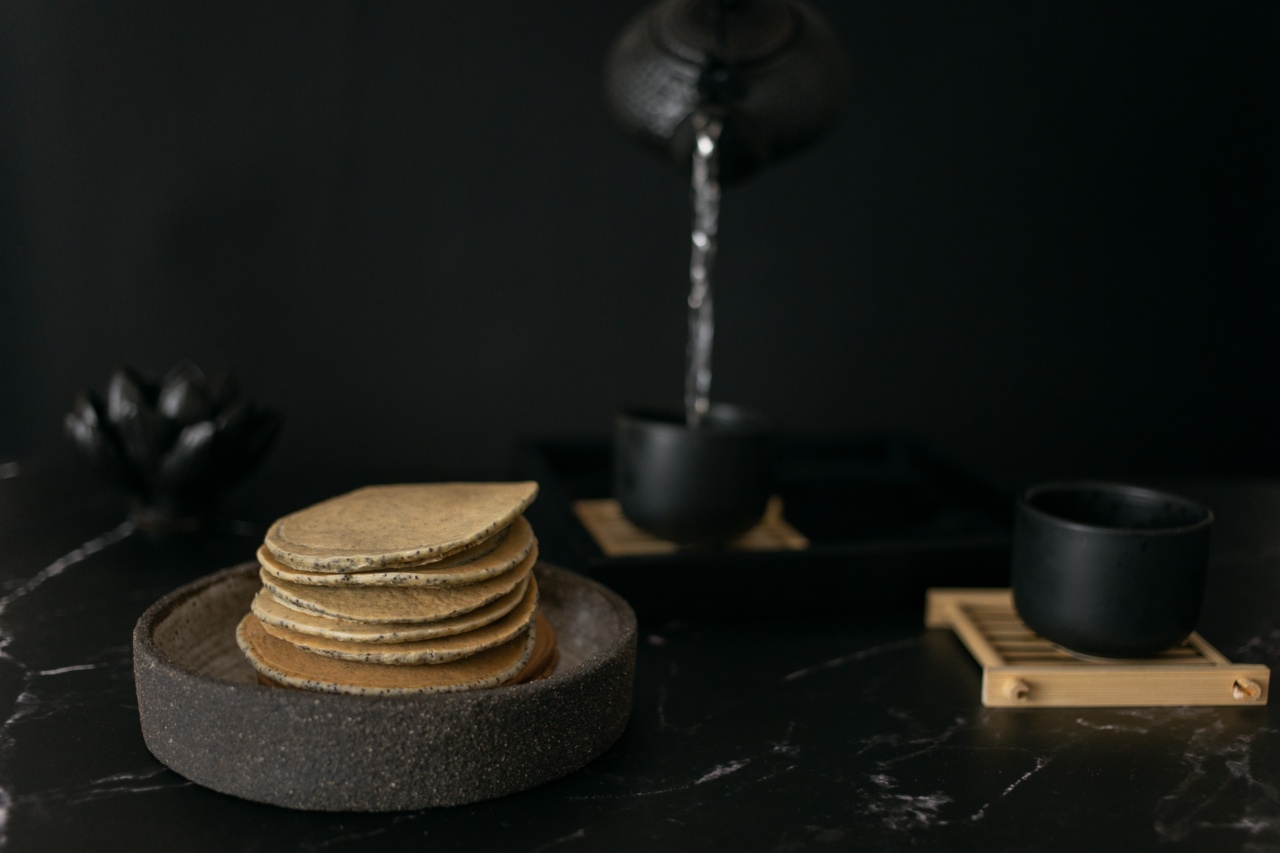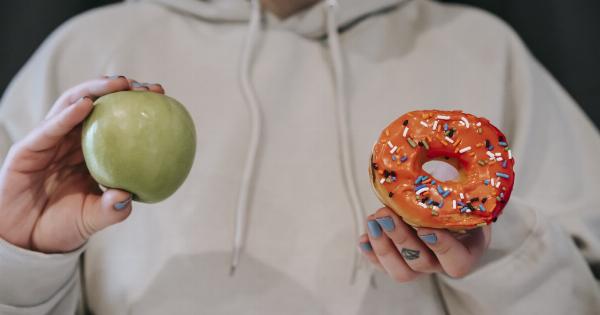When it comes to watching our calorie intake, we often focus on the food we eat and forget about the calories in the drinks we consume.
However, many beverages can be high in calories, sugar, and other unhealthy additives that may sabotage your weight loss goals. In this article, we will explore the calorie content of some of the most popular beverages and help you make smarter choices.
Water
Water is the ultimate calorie-free beverage, and it should be your go-to choice for staying hydrated throughout the day.
Drinking water has numerous health benefits, including maintaining your body temperature, lubricating your joints, and flushing out toxins. The best part is that it contains zero calories, making it the perfect option for those who want to reduce their calorie intake.
Coffee
Coffee is one of the most popular beverages in the world, and it can be consumed in many different ways. A plain black coffee contains 2 calories per 8 ounces, making it an almost calorie-free drink.
However, adding sugar, cream, or flavored syrups can quickly add up the calories. For example, a popular flavored latte can contain up to 250 calories per serving. If you are a coffee lover, try to reduce the amount of added sugar and opt for low-fat milk or plant-based milk alternatives.
Tea
Like coffee, tea is a versatile drink that can be enjoyed in many ways. Tea is packed with antioxidants and has numerous health benefits, including improving digestion and reducing the risk of chronic diseases.
A cup of unsweetened tea contains less than 5 calories, making it a great alternative to sugary drinks. However, sweetened iced tea or tea with added sugar can be high in calories. Always read the label and opt for unsweetened tea or add a dash of honey or lemon to add flavor without extra calories.
Soda
Soda is one of the most notorious beverages when it comes to calorie content. A 12-ounce serving of regular soda contains around 150 calories, all of which come from added sugar.
Drinking soda regularly can contribute to weight gain, increased risk of type 2 diabetes, and other health issues. Try to limit your intake of soda or opt for low-calorie or diet versions of your favorite soda brands. Alternatively, you can switch to sparkling water or flavored seltzer, which contains no added sugar.
Juice
Juice is often marketed as a healthy option, but many juices are high in sugar and calories. A 12-ounce serving of orange juice, for example, contains around 170 calories and 33 grams of sugar.
While juice contains essential vitamins and minerals, it is best to consume it in moderation and opt for freshly squeezed or low-sugar versions. Alternatively, you can try to get your daily dose of vitamins from whole fruits and vegetables.
Sports drinks
Sports drinks are designed to rehydrate and replenish electrolytes after a workout or intense physical activity. However, most sports drinks are also high in sugar and calories, with some containing more sugar than a can of soda.
A 20-ounce bottle of a popular sports drink can contain up to 130 calories and 34 grams of sugar. Unless you are performing intense physical activity, you are better off drinking water or a low-sugar electrolyte drink.
Alcohol
Alcohol is one of the trickiest beverages when it comes to calorie counting, as it varies greatly depending on the type of drink and serving size.
Beer, wine, and spirits all contain calories, with some alcoholic drinks containing more calories than a full meal. For example, a pint of beer can contain between 200-300 calories, while a 5-ounce glass of wine can contain around 120 calories.
If you are watching your calorie intake, it’s best to limit your alcohol consumption or opt for low-calorie drinks such as light beer or wine spritzers.
Milk
Milk is a nutrient-rich beverage that contains calcium, protein, and vitamin D. However, it also contains calories, with whole milk containing the most calories and fat.
A cup of whole milk contains around 150 calories, while low-fat or skim milk contains around 90-100 calories per serving. Milk alternatives such as almond, soy, or oat milk can also be a great option for those who want to reduce their calorie intake.
Smoothies
Smoothies can be a great way to get your daily dose of fruits and vegetables, but they can also be high in calories and sugar.
Many store-bought smoothies contain added sugar, fruit juice, or frozen yogurt, which can significantly increase their calorie content. A 16-ounce serving of a popular smoothie chain can contain up to 500 calories and 66 grams of sugar. If you want to enjoy a smoothie, try making it at home using whole fruits, vegetables, and low-sugar milk or yogurt alternatives.
Conclusion
When it comes to beverages, it’s essential to read the label and understand what you are consuming.
Many beverages can be high in calories, sugar, and other unhealthy additives that may sabotage your weight loss goals and contribute to chronic diseases. However, making smart choices and choosing low-sugar or calorie-free options can help you stay hydrated, healthy, and on track with your health goals.



























